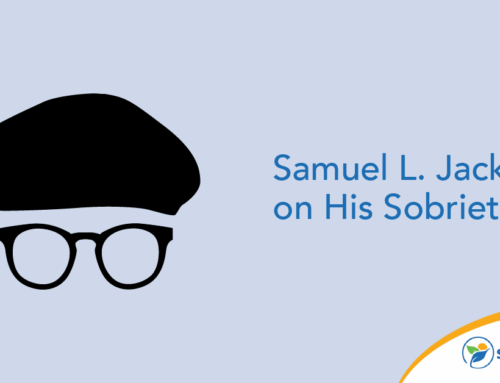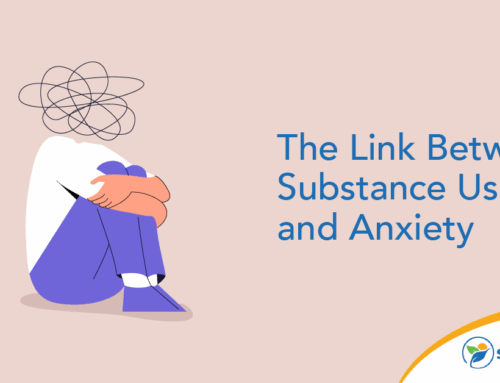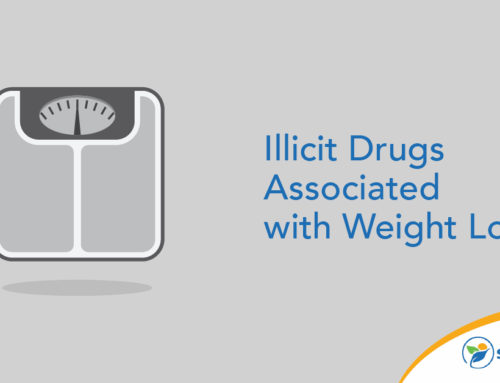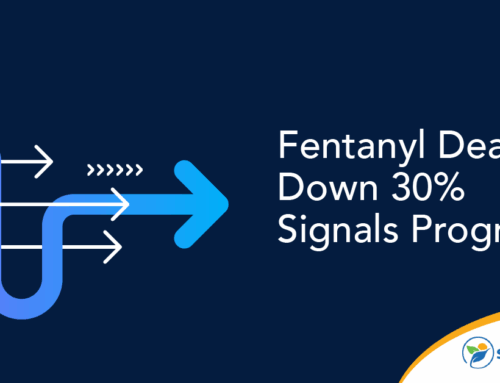Presidential candidate Bill Clinton made waves in 1992 when he admitted substance abuse while he was in college at Oxford. This sparked a national debate about what past marijuana use would mean if the nation’s chief executive allowed the prosecution of people for using cannabis. To salvage the situation, the then-governor of Arkansas had to publicly express remorse for having used it.
While President Clinton may have been a pioneer in admitting to a political leader’s drug use, he wouldn’t be the last. These five world political leaders have more recently either admitted or gotten caught using illicit drugs, showing that even public figures aren’t immune to struggles with substance abuse.
Michael Gove
British politician Michael Gove had a rough early life. Born Graeme Andrew Logan and given up for adoption in 1967, he was raised by an Aberdeen fisherman and his wife who worked with disabled children in economically distressed areas of Scotland. Gove stood out as a gifted student, and he attended Oxford on an English scholarship from 1985-1988, after which he worked as a journalist. He eventually founded a Conservative-leaning think tank, which earned him a place in David Cameron’s cabinet in 2015. Since then, he’s held a variety of cabinet positions under various Conservative PMs.
In June 2019, Gove was widely favored as a second-place choice for PM after only Boris Johnson himself. Suddenly, multiple papers started reporting that Gove had used cocaine while he was working as a journalist. Brief drug use during the 1980s was perhaps not the biggest of scandals, but after joining the Conservatives, Gove had campaigned hard against legalization of illicit drugs, especially cocaine. Gove admitted everything and said he regretted both his drug abuse and his later secrecy. In 2019, Gove lost the leadership competition and moved over to Brexit planning with no other portfolio.
Boris Johnson
The British politician who beat Michael Gove for the leadership had a few drug scandals of his own. During a 2007 interview with Piers Morgan, the future Conservative PM was asked whether he’d ever had cocaine “in your big hooter.” Johnson admitted that he’d tried cocaine once at college, but he claimed he’d sneezed so it had no effect on him. In the same interview, he admitted to having smoked “many spliffs,” which he claimed had been “jolly nice.”
Showing regret over his youthful substance abuse, the future PM said, “I have become very illiberal about it. I don’t want my kids to take drugs.”
Rory Stewart
Rory Stewart, born in British Hong Kong, grew up to be a tremendously accomplished army officer, journalist, diplomat and eventually politician. In 2019 alone, he became the UK’s Secretary of State for International Development, a member of the National Security Council and Governor of the World Bank, the African Development Bank, the Caribbean Development Bank and the Inter-African Development Bank. When Boris Johnson became PM, Stewart decided to retire from politics.
Part of the reason he left government service may be that, in May 2019, the news broke that he had smoked opium during his time living in India. Stewart never denied the story, choosing instead to describe what he did as “a misdemeanor” when he addressed his past drug use on Twitter. Expressing regret that he’d used the drug — without acknowledging that what he did was arguably a felony — Stewart reiterated his political support for the British war on drugs and opposing legalization. Since 2019, he’s been outside of politics and lives quietly in his house in Kensington.
Barack Obama
Barack Obama may have learned from Bill Clinton’s experience in presidential politics and decided to tell his own story of drug use well before he could be ambushed with it. He first discussed the matter in his 1995 autobiography, Dreams from My Father, A Story of Race and Inheritance, which came out while he was beginning his run for the Illinois State Senate. Later, several news outlets would revisit the issue during the 2008 primary season, while he was fighting a running battle for the nomination against Hillary Clinton. In his own words, his use was limited to marijuana and cocaine: “I had learned not to care. I blew a few smoke rings, remembering those years. Pot had helped, and booze; maybe a little blow when you could afford it.”
In the same passage, he denied ever trying heroin because he was too scared of addiction to try it when it was offered by a friend, even before the beginning of the current opioid epidemic, which would go on to claim hundreds of thousands of lives.
In the same book, Obama reflected on what his future might have been if he hadn’t gotten away from substance abuse:
“Junkie. Pothead. That’s where I’d be headed: the final, fatal role of the young would-be black man. Except the highs hadn’t been about that, me trying to prove what a down brother I was. Not by then, anyway. I got just the opposite effect, something that could push questions of who I was out of my mind, something that could flatten out the landscape of my heart, blur the edges of my memory.”
Rob Ford
In May 2013, the American online tabloid site Gawker came out with a shaky cell phone video of Toronto mayor Rob Ford smoking crack and sharing his opinions about Canadian politics, including off-the-cuff thoughts about race and the presumed sexual orientations of other public figures. The video went viral and forced the mayor to comment on what exactly was going on. Over the next 3 years, Mayor Ford was forced into a series of extremely uncomfortable public confrontations, including a November 2013 city council meeting in which he had to answer under oath about his drug use and history of drunk driving. Several resignations from his cabinet followed, as did calls for the mayor’s own resignation, which he refused to give in to. However, he did express remorse and seek treatment at a Chicago rehab facility only to be refused entry to the United States at the border.
As the drug scandal evolved into a sex scandal and then into several nearly violent confrontations with other public figures and multiple threats of lawsuits, the mayor managed to get caught on camera with crack yet again. City authorities at one point tried to restructure Toronto’s governing charter to deprive the mayor’s office of any official power, effectively firing Ford while in office.
Still hanging on, Mayor Ford filed as a candidate for reelection in 2014 despite a recent diagnosis of pleomorphic liposarcoma cancer. At the last minute, Rob’s brother Doug took his place on a mayoral ballot with 66 other candidates on it. Doug Ford got 33% of the vote, came in second place and went on to become the premier of Ontario in 2018. On March 22, 2016, the 46-year-old Rob Ford passed away from his cancer.







